If you thought beauty trends couldn’t get any stranger, think again. The Kardashians’ Skims brand recently launched face wraps — yes, actual wraps for your face designed to “lift, sculpt, and contour” by physically compressing your skin. It’s bizarre, it’s bold, and it perfectly captures how far some people will go chasing the newest beauty craze. By Kiesha Meikle
From slathering on layers of make-up to wrapping your face like a mummy, the pursuit of transformation shows no signs of slowing down. Whether it’s trending TikTok hacks or high-tech gadgets, extreme beauty in 2025 is about pushing boundaries and rewriting the rules.
So, how far are you willing to go to chase that flawless look? Let’s explore some of the wildest and most innovative beauty techniques out there right now.
Traditional Extreme Beauty Techniques
1. The Instant Facelift
Forget waiting for the surgeon’s scalpel – the facelift tape trend is back, fuelled by Instagram filters and red carpet prep. These discreet patches and elastic straps literally pull your skin tighter around your temples, jaw, and neck. Some celebs wear them under wigs or up-dos for a snatched effect that cameras love. Brands like Art Harding’s Instant Face Lift (from £11.99 on Amazon) or Secret Lift kits are easy to find online — though they’re best saved for special events unless you fancy explaining why your hair is hiding industrial-strength sticky tape.
2. Lip Plumpers
Kylie Jenner may have graduated to permanent fillers, but the quick-fix lip plumper market is still booming. Some use suction tools for a bee-stung pout, others rely on glosses laced with mild irritants (peppermint, cinnamon, capsicum) to temporarily swell your lips. They’re great for a night out – just be prepared for the tingling. Options range from £10 glosses at the chemist to cult gadgets like the Fullips Lip Enhancer (around £25).
Now: The AI Beauty Revolution
The AI Face Filter IRL
We’ve reached the point where people aren’t just using Instagram filters – they’re becoming them. AI-powered skin printers (yes, printers for your face) can now scan your complexion, identify texture, pigmentation, and redness, and then literally apply a custom blend of foundation, concealer, and colour correction directly onto your skin in seconds. Think of it as a 3D printer meets your make-up bag. Beauty insiders are calling it “filter skin in real life.” The effect is flawless, undetectable, and – if you’re willing to drop £500+ on the device – repeatable every single morning.
AI-Personalised Cosmetic Procedures
Forget scrolling through before-and-after pics to guess how a tweak might look – AI now does it all for you before a single needle or scalpel comes near your face. Using high-resolution scans, advanced algorithms can predict how fillers, Botox, skin tightening, or even surgery will look on your bone structure, in different lighting, at different ages. Clinics are using this tech to create “future face” previews – some even offer an interactive AR mirror so you can swipe between 10-years-younger and “red carpet” versions of yourself in real time. It’s making people braver (and sometimes bolder) with cosmetic choices… because once you’ve seen your AI-perfect face, it’s hard to go back.
AI-Driven Biohacking Skincare
The future of skincare isn’t just about slapping on serums – it’s about personalised, data-driven skin hacking. New AI-powered devices analyse your skin’s hydration, elasticity, UV damage, and even pollution exposure daily. Then, linked apps recommend tailor-made skincare routines and products – sometimes formulating bespoke serums on demand via “skin printers” or automated dispensers. Some devices even emit microcurrents or LED light therapy targeted precisely where your skin needs it, based on AI diagnostics. It’s skincare that adapts in real time, turning your face into a high-tech project you can optimise like a pro athlete trains their body.
The bottom line? Whether it’s make-up wizardry, clever gadgets, or cutting-edge AI technology, beauty in 2025 is about transformation on your own terms – temporary, experimental, and often Instagram-ready. The only real question is: how far will you go?.


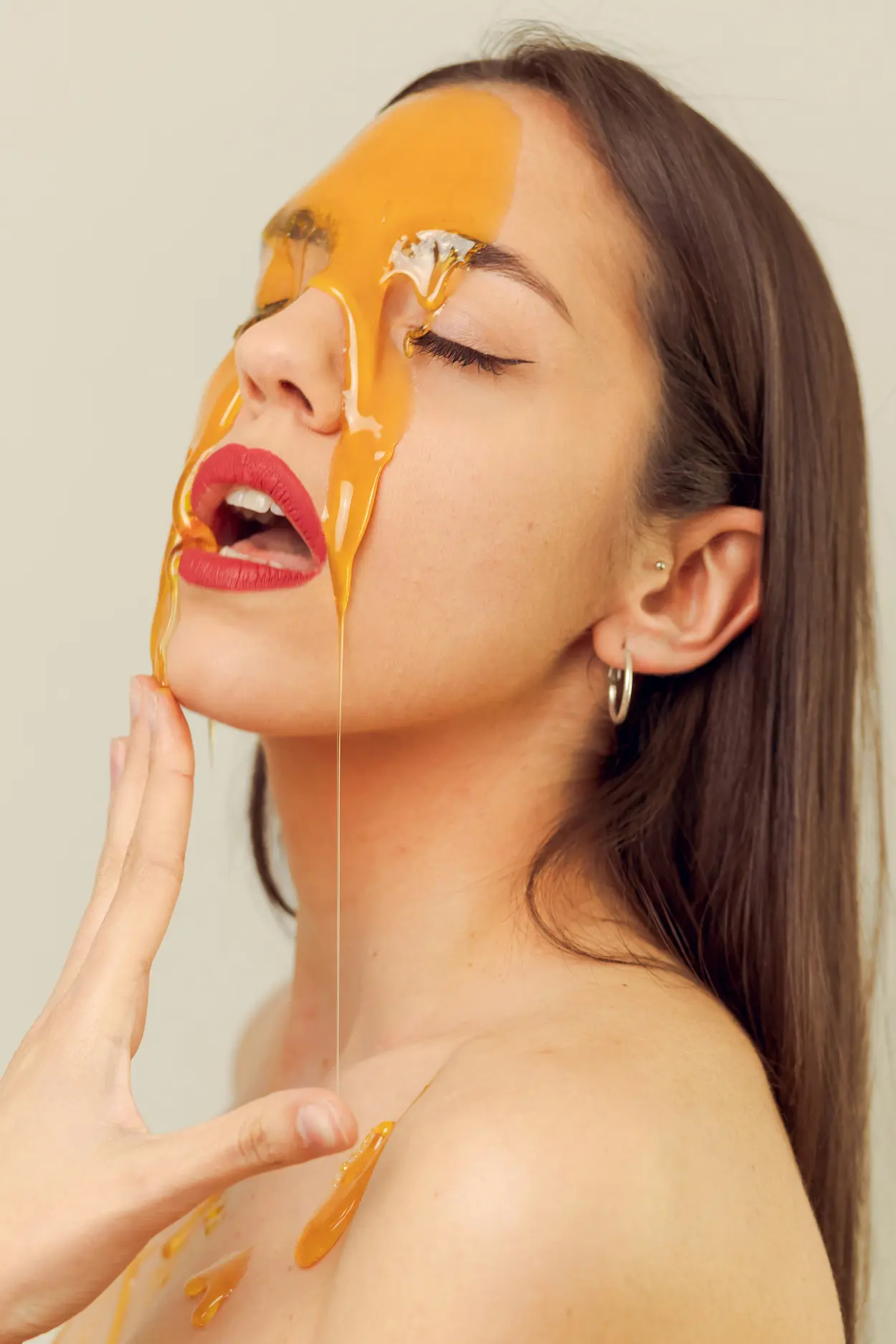
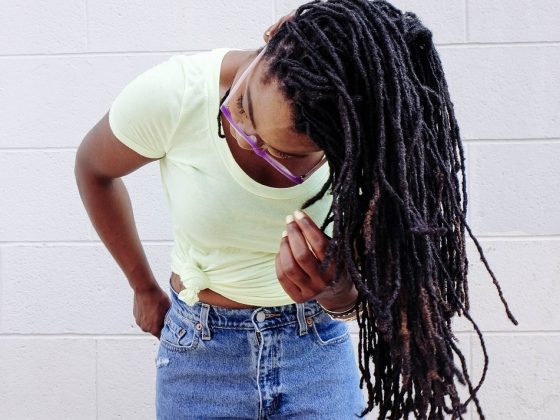
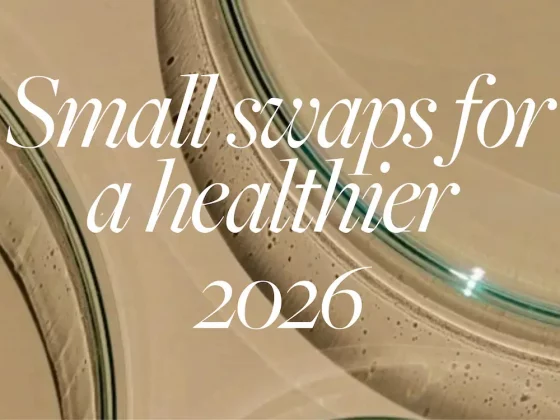
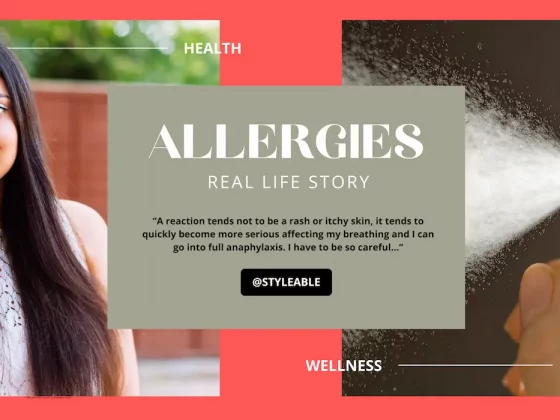
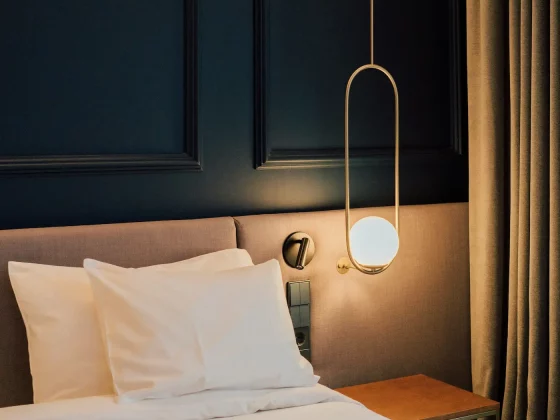





1 comment